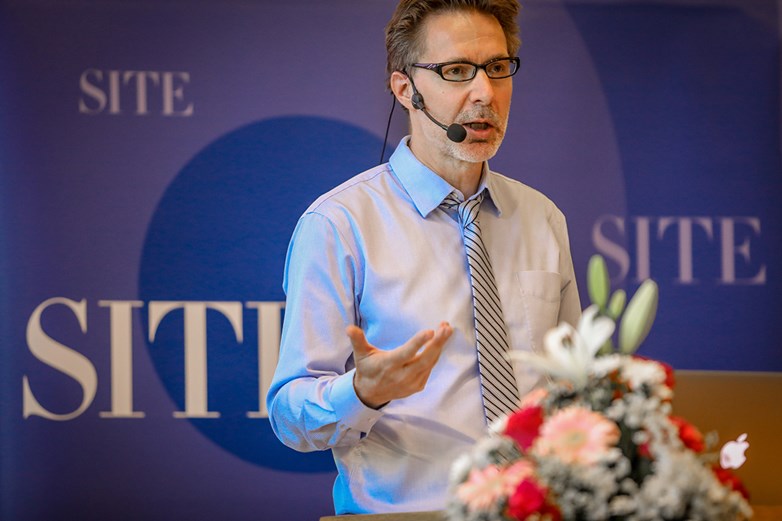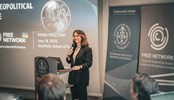How can Sweden promote democratic development in the east?
On November 12, SITE with financial support from the Swedish Ministry for Foreign Affairs, will be organizing the annual Development Day 2019 conference at the Stockholm School of Economics. The topic of this year’s conference is the Long Shadow of Transition: the State of Democracy in Eastern Europe.
Slow change in terms of political institutions
For most countries in Eastern Europe and the former Soviet Union, the main building blocks of the economic transition from a command economy to a market economy took around 10 years to accomplish. In terms of political institutions and social norms, change has been much slower and more uneven.
“This years’ Development Day will shed light on the consequences of weak political checks and balances, corruption and authoritarianism within parts of Eastern Europe, but also on opportunities for peace and cooperation in Europe more generally,” says Anders Olofsgård.
From Ukraine to the time after Putin
Among the invited guests on November 12 are: Nataliia Shapoval, Vice President for Policy Research at Kyiv School of Economics, Andrei Kolesnikov, Chair of the Russian Domestic Politics and Political Institutions Program at the Carnegie Moscow Center, and Per Olsson Fridh, the State Secretary to the Swedish Minister for International Development Cooperation, Peter Eriksson.
“It will be exciting to hear Nataliia tell more about what is currently happening in the Ukraine both politically and economically, and to get to know more from Andrei about what could happen in Russia after Putin. And it is always interesting to get an insight into what is going on politically here in Sweden in terms of development policy,” says Anders Olofsgård.
Broad target group
The academic element of the discussion gives the conference credibility according to Anders Olofsgård. However, the fact is that Development Day is less academic than other conferences organized by SITE.
“Our target group is everyone who is interested in these types of questions. A reasonably well-informed person “from the street” should understand what we are talking about,” says Anders Olofsgård.
SITE also organizes an academic conference on the same theme December 16-17.
"Here we will target more of an academic audience with questions within applied research presented in a more academic language,” says Anders Olofsgård.
Contributes to fact-based decision-making
Anders Olofsgård hopes that Development Day will convey knowledge on the significance of strong institutions and contribute to a dialogue on democracy issues.
“My hope is that the knowledge we impart will form the basis for fact-based and constructive decision-making in businesses as well as politics,” says Anders Olofsgård.
Link to info about the conference/program
By Emilie Eliasson Hovmöller




